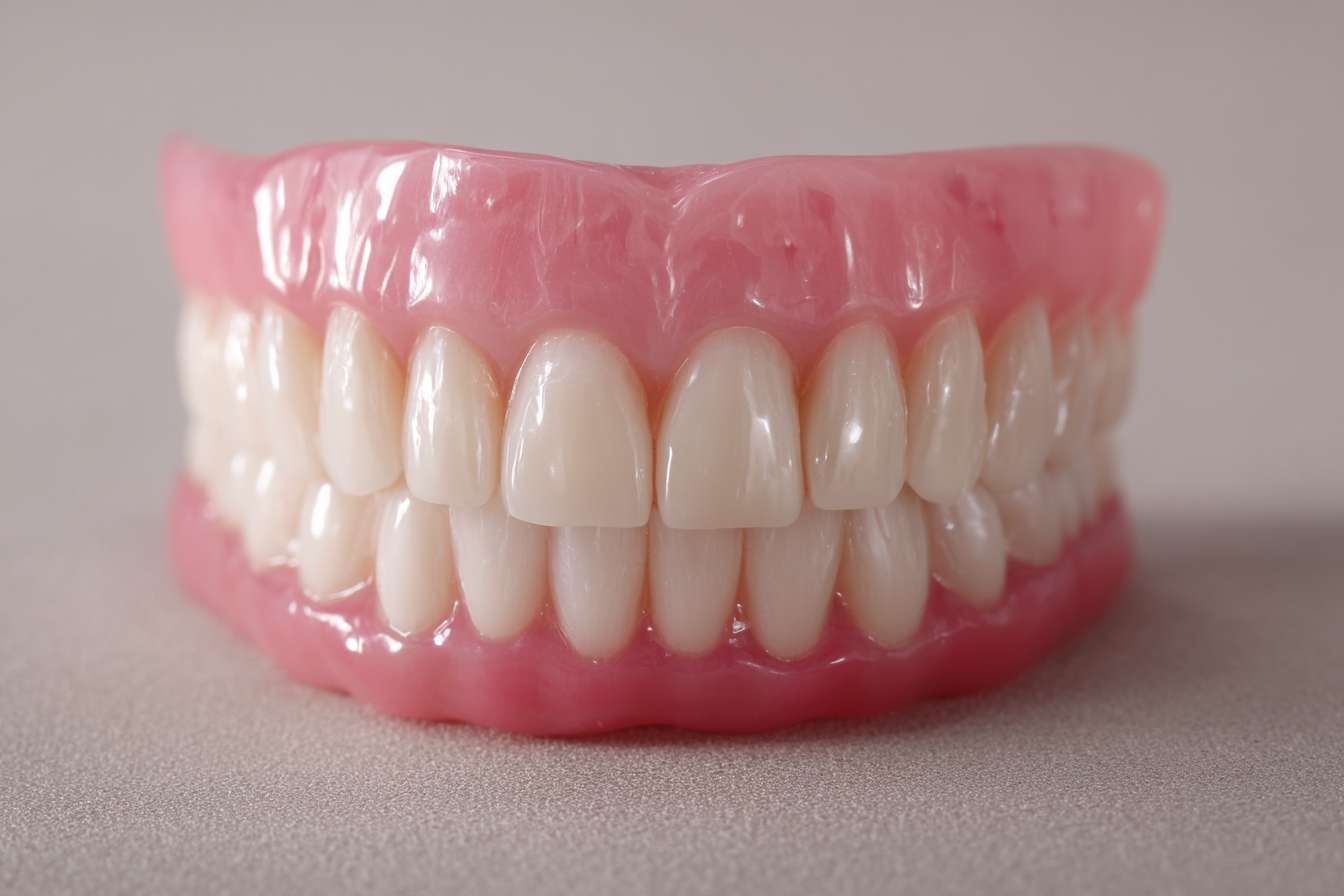Considering Dental Implants? What You Should Know
Missing teeth can significantly impact both your oral health and self-confidence. Dental implants have revolutionized restorative dentistry by providing a permanent solution that looks, feels, and functions like natural teeth. If you're considering dental implants as a tooth replacement option, it's important to understand what they are, how they work, and whether they might be right for you.

What Are Dental Implants and How Do They Work?
Dental implants are titanium posts surgically placed into the jawbone beneath the gums to replace the roots of missing teeth. These metal anchors serve as sturdy foundations for mounting replacement teeth. The implant fuses with the jawbone through a process called osseointegration, creating a solid base for artificial teeth that won’t slip or cause bone damage like fixed bridgework or dentures might.
The complete implant system consists of three parts: the implant (titanium post), the abutment (connector placed on top of the implant), and the crown (the visible part that resembles a natural tooth). This three-part structure mimics natural tooth anatomy, with the implant acting as the root and the crown functioning as the visible portion of the tooth. The remarkable durability of dental implants comes from this design, which distributes bite forces through the jawbone just like natural teeth.
Who Might Consider Implants?
Dental implants are ideal for people who have lost one or more teeth due to injury, periodontal disease, or other reasons. Good candidates typically have:
-
Healthy gums and adequate bone density to support the implant
-
Good overall health, as certain conditions like uncontrolled diabetes can interfere with healing
-
A commitment to excellent oral hygiene and regular dental visits
-
No smoking habits, as smoking can impede the healing process
Adults of any age can benefit from implants, though they’re not typically recommended for children whose jawbones are still developing. Implants are particularly beneficial for people who find traditional dentures uncomfortable or inconvenient. They’re also excellent options for those who want to avoid compromising adjacent healthy teeth, which is necessary when installing traditional bridges.
The Implant Procedure Step by Step
The dental implant process typically occurs over several months and involves multiple stages:
-
Initial consultation and planning: Your dentist will evaluate your oral health, take X-rays, and create a treatment plan. Advanced imaging like CT scans may be used to precisely map your jaw structure.
-
Preparatory procedures: Some patients may need preliminary work such as bone grafting if there’s insufficient jawbone to support an implant. This adds several months to the timeline as the graft needs time to heal.
-
Implant placement: During this surgical procedure, the titanium implant is placed into the jawbone. Local anesthesia is typically used, though sedation options are available for anxious patients.
-
Healing period: After placement, a healing period of 3-6 months allows for osseointegration—the process where the jawbone grows around and bonds with the implant surface.
-
Abutment placement: Once healing is complete, a small connector (abutment) is attached to the implant, which will hold the new tooth.
-
Crown placement: Finally, a custom-made crown is attached to the abutment, completing your new tooth.
Throughout this process, temporary teeth can often be placed so you’re never left with visible gaps in your smile.
Benefits of Dental Implants
Dental implants offer numerous advantages over traditional tooth replacement options:
Improved appearance and confidence: Implants look and feel like your own teeth, providing a natural appearance and boosting self-esteem.
Enhanced comfort and functionality: Unlike removable dentures, implants become a permanent part of your mouth, eliminating discomfort and improving speech and eating abilities.
Durability and longevity: With proper care, dental implants can last a lifetime, making them a long-term solution compared to bridges or dentures that might need replacement every 5-10 years.
Preservation of jawbone and facial structure: When you lose teeth, you also lose bone mass in your jaw. Implants are the only tooth replacement option that stimulates natural bone growth and prevents bone loss, maintaining facial structure and preventing the “sunken” look that can develop with missing teeth.
Protection of adjacent teeth: Unlike traditional bridges that require grinding down neighboring teeth for support, implants stand independently without affecting healthy teeth.
Understanding the Cost of Dental Implants
Dental implants represent a significant investment in your oral health. The cost varies widely depending on factors like geographic location, dentist expertise, number of implants needed, and whether additional procedures like bone grafts are required.
| Procedure Component | Typical Cost Range |
|---|---|
| Single Implant | $1,500-$2,500 |
| Abutment and Crown | $1,500-$3,000 |
| Full Mouth Reconstruction | $20,000-$50,000+ |
| Additional Procedures (bone grafting, extractions) | $250-$3,000 |
Prices, rates, or cost estimates mentioned in this article are based on the latest available information but may change over time. Independent research is advised before making financial decisions.
While dental insurance coverage for implants has historically been limited, more insurance companies now offer at least partial coverage. Many dental practices also offer financing options or payment plans to make implants more accessible. When considering cost, it’s important to view implants as a long-term investment—their durability often makes them more cost-effective than alternatives that require regular replacement.
Conclusion
Dental implants offer a revolutionary solution for missing teeth that closely mimics natural teeth in both form and function. While the process requires time and financial investment, the benefits—including improved appearance, comfort, speech, and long-term oral health—make implants an excellent choice for many patients. A thorough consultation with a qualified dental professional can help determine if implants are the right solution for your specific needs and circumstances.
This article is for informational purposes only and should not be considered medical advice. Please consult a qualified healthcare professional for personalized guidance and treatment.




